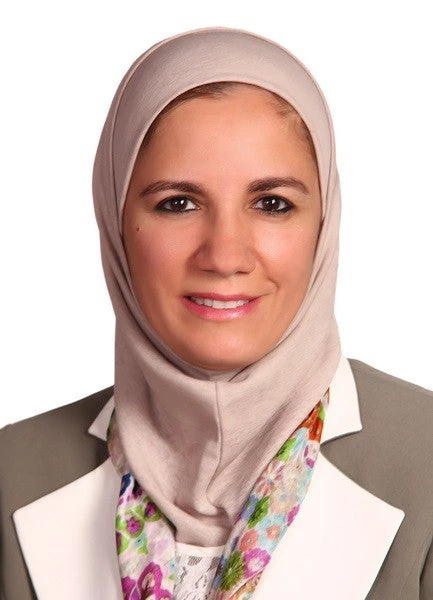 Worker in front of drums of material with a hardhat. (Shutterstock.com/ChaChamp)
Worker in front of drums of material with a hardhat. (Shutterstock.com/ChaChamp)
Across the MENA region, state-owned enterprises (SOEs) play a major role in countries’ economies and in the delivery of essential services to the public. As a result of a comprehensive desk review, it was observed that some SOEs operate as monopolies in key sectors, while other SOEs operate in a competitive environment. In both scenarios, SOEs are major procurers of goods, works, and services, while also implementing contracts awarded to them by public purchasers.
Nevertheless, SOE procurement operations are often not subject to clearly defined and/or transparent procurement rules as is public sector procurement generally is. That is on top of non-compliance with the OECD Corporate Governance Guidelines for SOEs being the norm in the MENA region, often with weak internal and external oversight.
Moreover, in most countries, SOEs enjoy advantages that may benefit them in obtaining procurement contract awards. Those advantages may be direct, such as giving preferential treatment in the award of contracts (e.g., in Iraq) – via techniques such as outright preferential contract award policy, price preference, or waiver of bid and performance guarantee requirements - or indirect such as, subsidization of SOEs by the state or government-backed loan guarantees. In most MENA countries, legal frameworks for public procurement do not include particular requirements or provisions dedicated to the participation of SOEs as bidders for public procurement contracts.
In Djibouti for example, SOEs are generally expected to comply with the public procurement procedures unless exceptional circumstances exist. In Tunisia, Kuwait, and Jordan, SOE procurement is subject to the legislation applicable to public procurement, though possibly with some carve-outs or departures from the routine procurement procedures, when SOEs act as purchasers or as candidates for contract award.
In Egypt, the current legal framework for public procurement does not apply to SOEs, while in Lebanon, the Procurement Laws are silent for what concern the procurement procedures to be applied by the SOEs subject to the Law.
Morocco is illustrative of a hybrid situation: some entities are subject to the Procurement Decree (those on a list established by MoF pursuant to Law No. 69-00 on State financial control of public enterprises and other entities).
With countries in MENA not having uniformity in their approach to governing SOEs, one thing becomes clear: more needs to be done to ensure effective SOE procurement and a level playing field when SOEs compete with the private sector for public procurement contracts. Because SOEs are such large economic organizations across MENA and affect huge populations with their operations, sound and transparent procurement is vital.
It is important to ensure that:
- Policy, legal, and coherent regulatory frameworks are established to enable effective, harmonized implementation and monitoring of SOE procurement, whilst also promoting fair competition in award of public procurement contracts to SOEs.
- Transparency and integrity in SOE procurement are systematized through clarity as to the applicable procedures, reporting, collection, and dissemination of data on SOE procurement activities.
- To promote accountability in SOE procurement, Procurement Policy and Oversight entities are empowered to execute SOE surveillance and monitoring functions, while State Auditing Institutions (SAI) and other independent external audits are conducted to measure the performance of SOE procurement activities, with the audit reports made available to the public.
Such steps will help enable SOE procurement to responsibly serve their missions and functions and be accountable to their public stakeholders, while maximizing effective and efficient use of public resources.
While some countries maintain a publicly available list of SOEs (e.g., to one extent or another, Egypt, Morocco, Kuwait), in other countries such information is not readily available (e.g., in Lebanon a list is said to be maintained by the MoF but is not publicly available).
Information on the procurement procedures and practices applied by SOEs is typically not readily available. Information on upcoming procurement activities and opportunities, and data on procurement activities, may not be systematically available. It is less clear to stakeholders whether SOEs have at all systematized and codified their procurement procedures and what those might be because SOEs are not subject to public procurement laws and regulations.
Therefore, to boost transparency of SOE procurement, countries should publish their SOE procurement procedures, use standardized documentation (bidding documents), advertise contract opportunities in a timely and wider manner, preferably use the same e-procurement system that countries use for other public procurement and companies, and publish contract awards notices, and any other data they collect on SOE procurement activities.




Join the Conversation